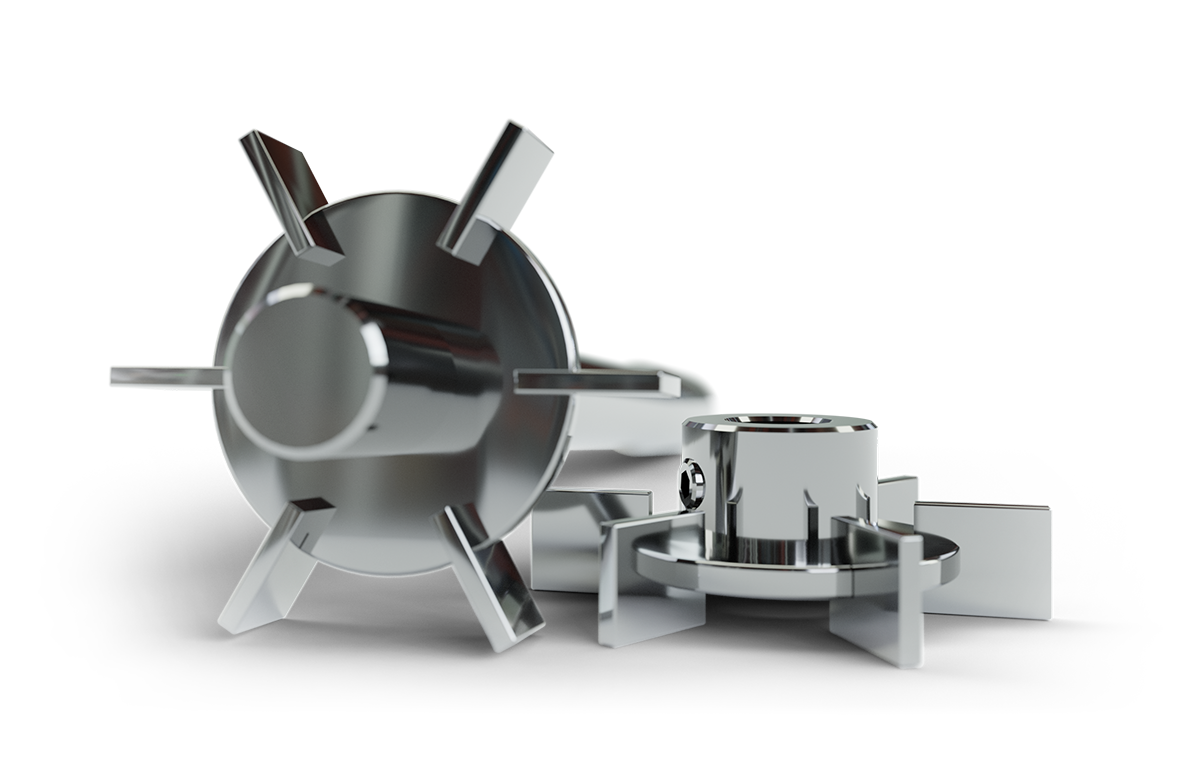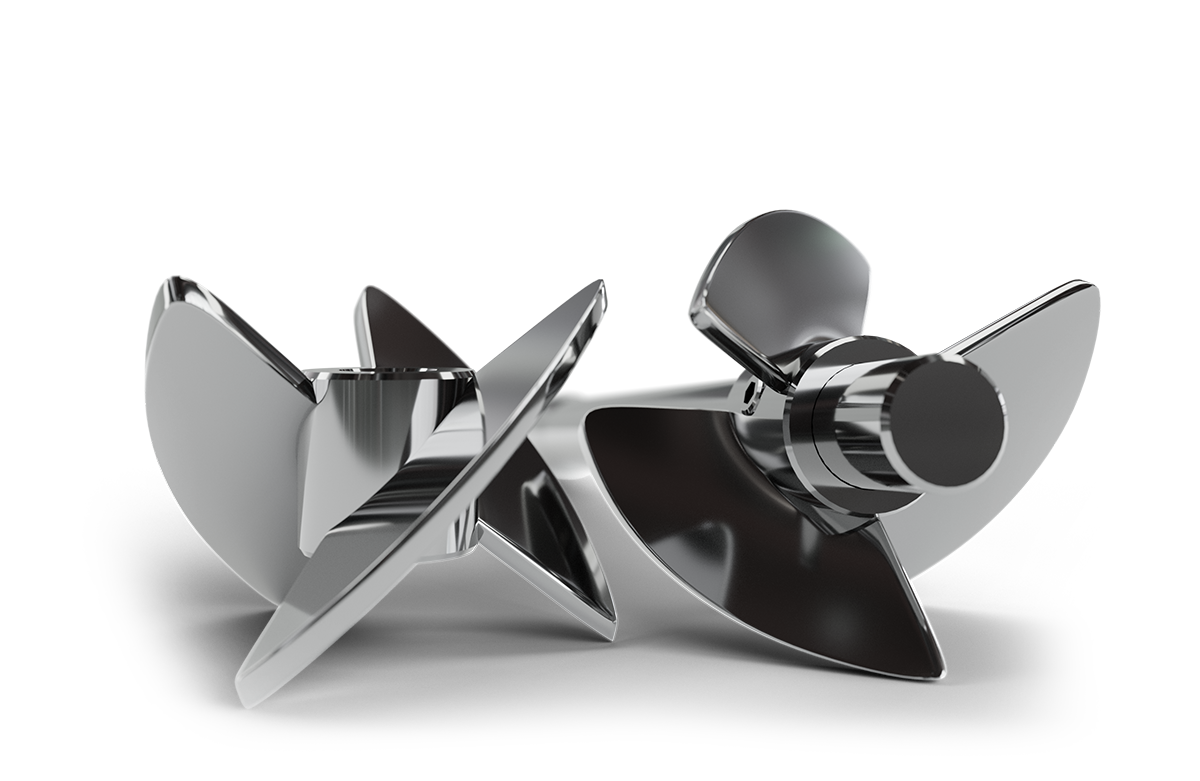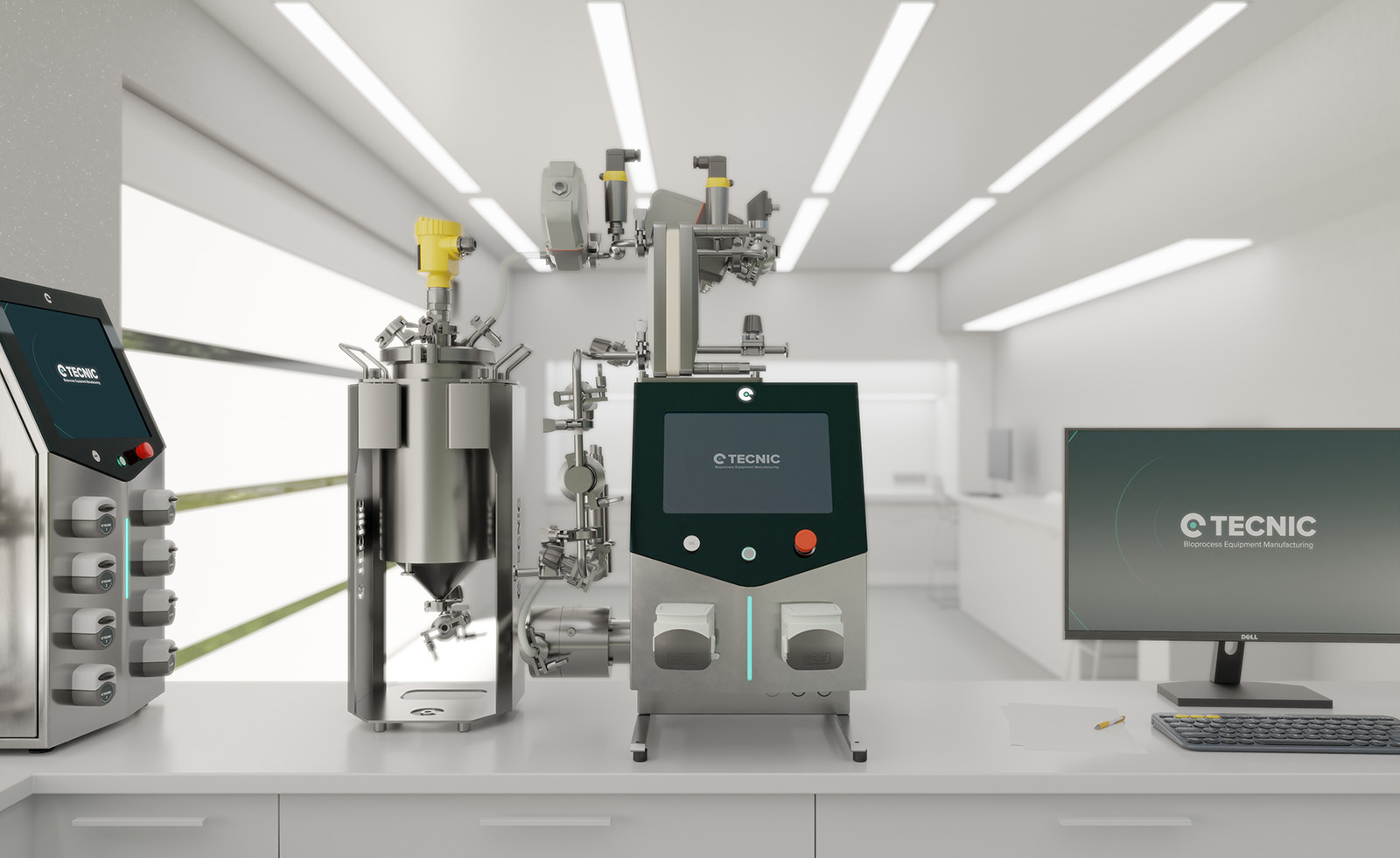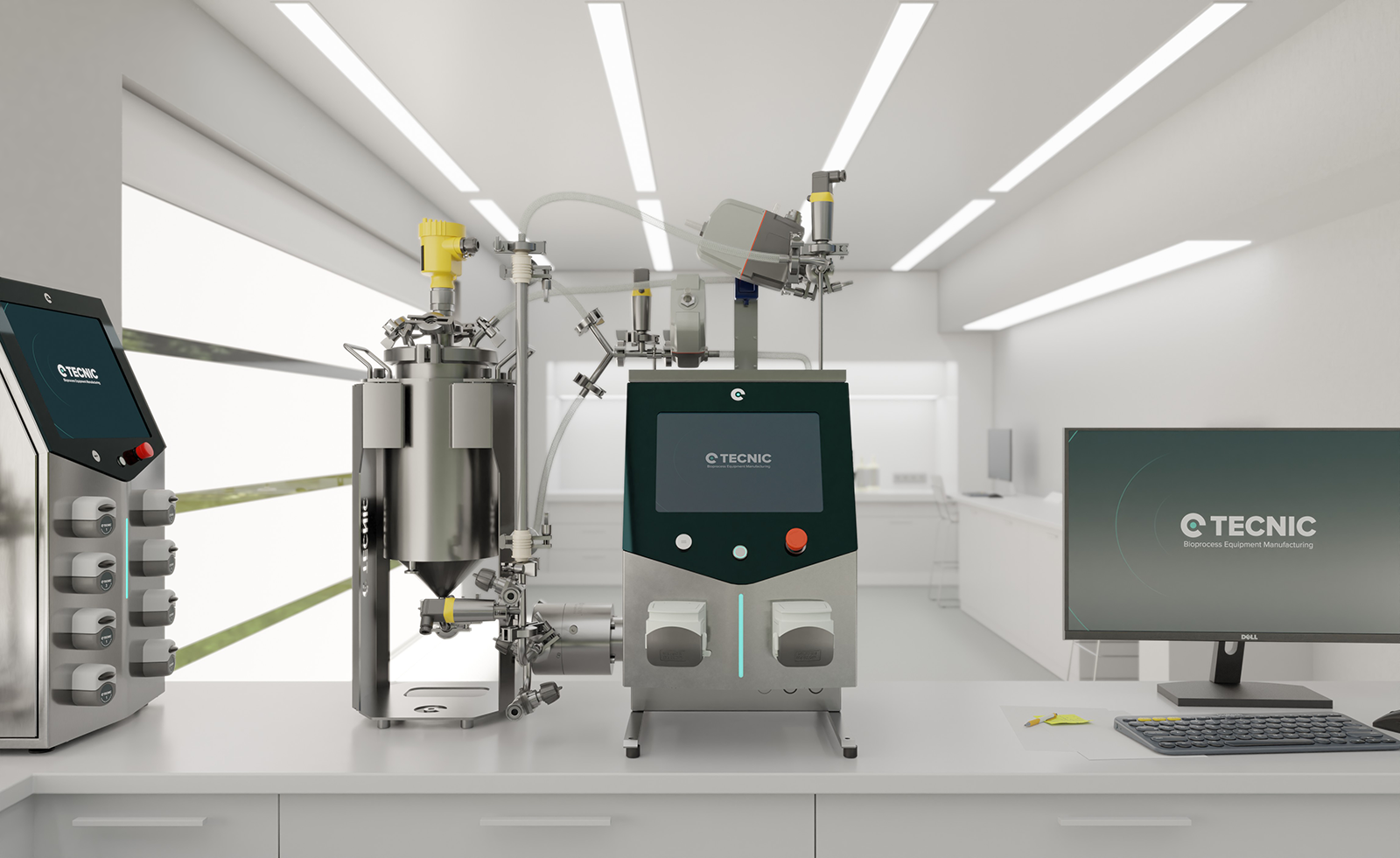In biopharmaceutical production, single-use consumables play a fundamental role in standardizing and optimizing bioprocesses. The safety and quality of these products depend on strict regulatory compliance governing their design, manufacturing, and validation. These regulations establish the necessary technical and safety criteria to ensure that single-use bags are suitable for use in controlled environments, minimizing the risk of contamination and ensuring the integrity of biological processes. In this article, we explore the key ISO standards applicable to single-use bag production and how TECNIC meets these standards through its ISO 7-certified cleanroom.
Regulations for the manufacture of single-use bags
The production of single-use bags is regulated by international standards that ensure compatibility with critical bioprocesses and minimise risks associated with contamination. These regulations range from the quality of the material used to the control of the manufacturing environment and the validation process. Among the most relevant are.
ISO 13485: Regulates quality management in the manufacture of medical devices, ensuring traceability and consistency in the production of critical consumables.
ISO 14644-1: Classifies production environments according to the concentration of particles in the air, establishing the requirements for clean rooms, essential for minimising contaminants in the manufacture of single-use bags.
GMP (Good Manufacturing Practices): A set of standards that guarantee quality in the production of biopharmaceutical products, regulated by entities such as the FDA and the EMA, ensuring that single-use bags meet the highest standards.
USP <788> and USP <789>: Specifications on the control of particulate matter in injectable products, essential for the safety of biological formulations and to ensure that consumables do not introduce contaminants into the process.
ISO 11137: Regulates radiation sterilisation processes, a method used to ensure the asepsis of single-use consumables and their compatibility with sterile bioprocesses.
ISO 10993: Defines the biocompatibility tests that materials in contact with biological or pharmaceutical products must comply with, ensuring the safety and compatibility of single-use pouches with various media and formulations.
Compliance with these regulations not only ensures the quality of the final product, but also enables its acceptance in regulated markets and its integration into high-level industrial processes. This is especially relevant in bioprocesses where stability and reproducibility are key factors for large-scale production.
TECNIC and its ISO 7 cleanroom: A controlled environment for single-use bag manufacturing
To ensure regulatory compliance and product integrity, TECNIC manufactures its single-use pouches in a highly controlled environment: its ISO 7 cleanroom. This infrastructure is key to minimising particulate load and avoiding contaminants that can compromise the safety of bioprocesses. Cleanroom manufacturing maintains a sterile environment that protects product quality and ensures product safety in biopharmaceutical applications.
Key aspects of TECNIC's ISO 7 room:
- Particle control: According to ISO 14644-1, ISO 7 rooms allow a maximum of 352,000 particles of 0.5 microns per cubic metre, reducing the possibility of contamination.
- HEPA filtration: Captures at least 99.97% of 0.3 micron particles, ensuring air quality in production and minimising the presence of pollutants.
- Continuous environmental monitoring: Real-time monitoring of temperature, humidity and air flow to maintain optimal conditions that preserve the stability of the materials used in the single-use bags.
- Certified materials: Use of biocompatible polymers validated according to international standards to ensure safety and compatibility with bioprocesses, avoiding adverse reactions or unwanted interactions with pharmaceutical products.
- Rigorous testing and validation: Evaluations of integrity, chemical compatibility and long-term storage stability, ensuring that single-use pouches maintain their functionality over time and under different conditions of use.
- Validated sterilisation: Application of controlled processes such as gamma radiation or sterile filtration to guarantee a final product free of contaminants, providing a safe and reliable solution for critical applications.
Benefits of compliance in single-use bags
The use of consumables manufactured under strict regulations offers significant advantages in bioprocessing, optimising efficiency and ensuring the safety of pharmaceutical and biological products. Some of the most important benefits include:
- Reduced risk of contamination: Manufacturing in controlled environments decreases the likelihood of unwanted particles or biological agents in the final product, avoiding potential failures in biopharmaceutical processes.
- Ensuring traceability: Enables documented management of the production process, facilitating audits and regulatory validations to guarantee product quality.
- Ease of integration in regulated environments: Compliance with international standards allows the use of these consumables in GMP facilities without the need for additional validations, speeding up implementation in industrial processes.
- Optimised scalability: Single-use systems facilitate the transition from development to commercial production without the need for costly clean-up and validation of reusable equipment.
- Increased operational efficiency: By eliminating the need for cleaning and reuse of materials, single-use systems reduce downtime and improve the efficiency of production processes, allowing manufacturers to focus on innovation and optimisation of their bioprocesses.
- Lower environmental impact compared to multi-purpose systems: By reducing the use of water and chemicals for cleaning reusable equipment, single-use systems can contribute to more sustainable production in the biopharmaceutical industry.
Conclusion
Manufacturing single-use bags under ISO standards and in certified cleanrooms, such as TECNIC's ISO 7, guarantees the quality, safety and traceability of these consumables in the biopharmaceutical industry. Implementing these standards not only reduces risk, but also enables compliance with global regulatory requirements, facilitating the integration of these products into critical bioprocesses and ensuring their compatibility with high-level production environments.
As biopharma evolves towards more flexible and efficient systems, the demand for single-use consumables with high quality standards will continue to grow. TECNIC is committed to providing solutions that respond to these needs, ensuring that its products meet the most stringent safety and performance requirements in advanced bioprocesses. Thanks to its commitment to quality and innovation, TECNIC continues to position itself as a benchmark in the manufacture of bioprocess consumables, contributing to the advancement of the biopharmaceutical industry.
Frequently Asked Questions (FAQ)
It ensures the quality, safety and compatibility of consumables in critical bioprocesses.
ISO 13485 regulates the quality management of medical devices, while ISO 14644-1 defines the standards for cleanrooms.
Contamination reduction, traceability, scalability and increased operational efficiency.
Chemical compatibility, integrity, storage stability and biocompatibility tests are performed under ISO standards.
They reduce water and chemical consumption by eliminating the need for cleaning of reusable equipment.










